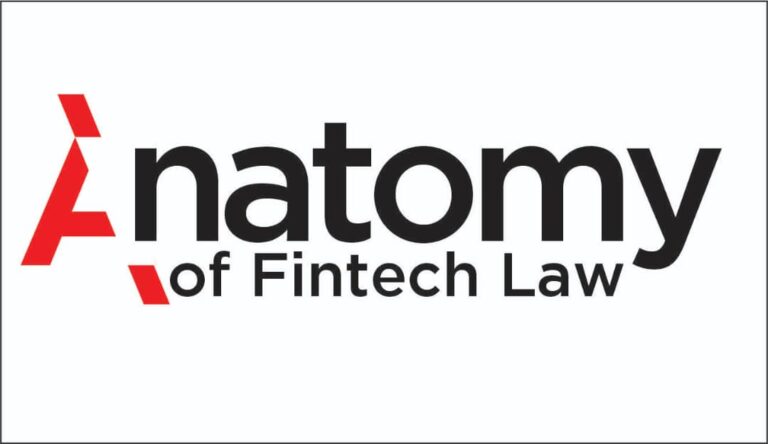NIBSS’ 2023 Annual Fraud Landscape reported that the amount Nigerian financial consumers, banks, and fintech lost to fraud increased 112% from ₦2.9bn in 2019 to ₦17.67bn in 2023 – a clear need for increasing fraud monitoring obligations in Nigeria’s payment system.
At the same time, digital financial consumers and payment system operators, including banks and fintech, suffer financial losses arising from glitches, unauthorized access, internal or external frauds, customer errors, and bank errors – the loss index is limitless and may include chargebacks.
Background
Central Bank of Nigeria’s (CBN) 2015 Establishment of Industry Fraud Desks circular is Nigeria’s earliest legislation on fraud and fraud monitoring obligations in the payment system.
Although the CBN directed the Establishment of Industry Fraud Desks circular to DMBs (Deposit Money Banks), MMOs (Mobile Money Operators), Switches, and all payment service providers, including fintech, the adequacy of the Establishment of Industry Fraud Desks circular is doubtful given the advancements in financial technology.
Indeed, the nearly a-decade-old Establishment of Industry Fraud Desks circular has not suffered any amendment, even as frauds dynamically increase in Nigeria’s payment system.
Between 2022 and 2024, our fintech litigation (dispute) teams assisted DMBs and fintech in fraud-related proceedings at the Federal High Court and digital financial consumers in State High Courts and Magistrate Courts.
Such fintech litigation claims ranged from glitches, bank errors, fund reversal applications arising from customer bank errors, and unauthorized access to customers’ accounts.
In an earlier commentary, we argued that fraud in Nigeria’s financial technology services results primarily from weak links in CBN’s regulatory, compliance and enforcement procedures.
Remarkably, CBN’s fraud reporting and fraud-related data-sharing experience – implemented hrough NIBSS, among all stakeholders is inadequate and incapable of promoting feedback and learning.
In 2022, a payment service provider’s French-speaking customer in Nigeria changed the language of their devices, including POS (Point-of-Sale) terminals, to French, and the operator lost considerable money.
Given a misconceived and outlandish conspiracy of silence among financial services providers, Nigeria’s mainstream media houses hardly report fraud with specificities capable of provoking learning among stakeholders.
Above all, our commentary is limited to the fraud monitoring obligations of operators in Nigeria’s payment system. However, suspicious transactions under the anti-money laundry regime and the payment service providers’ monitoring and reporting obligations are within the fraud indices in Nigeria.
The Fraud Desks
CBN’s Establishment of Industry Fraud Desks circular mandates payment service providers to establish and maintain a fraud desk in their respective organizations. The fraud desk staff must be trained on emerging fraud trends on various electronic payment channels.
Popular payment channels in Nigeria include USSD (Unstructured Supplementary Data), Mobile Apps, Internet banking, contactless payments, POS devices, and ATM terminals.
Furthermore, fraud desks are to ensure:
- Digital financial consumers have access to dedicated phone lines, which are toll-free under the Consumer Protection Framework 2019
- Consumers can access limited services via the dedicated toll-free line
- Block or place post-no-debit restrictions once it receives fraud complaints
- Enable customers to stop transaction instructions to block accounts through short code services.
- Log and escalate all fraud complaints and submit fraud data reports to Nigerian Inter-Bank Settlement System (NIBSS) Plc.
- Enable NIBBS access to view logged transaction data and honour NIBSS’ “hold” instructions on fraud matters.
- Sensitize customers on fraud trends and manage all inter-bank fraud-related complaints.
Nigerian Inter-Bank Settlement System
Nigerian Banks and the CBN own NIBSS, a public company incorporated under CAMA 2020. Under the Establishment of Industry Fraud Desks circular, NIBSS act as an industry coordinator of the fraud desks across all payment service providers:
NIBSS is required to:
- Provide an e-platform for the fraud desks to alert them to fraud.
- Maintain direct and dedicated phone lines and email addresses to all payment service providers’ fraud desks for data sharing and response management.
- Ensure DMBs have access to an enhanced e-fraud portal with the DMBs’ capabilities to initiate “block” or “hold funds” e-messages from the fraud desks.
- Issue “hold” instructions and post-no-debit restrictions to any bank on fraud matters.
Inter-Bank Transactions
All inter-bank transactions on any e-channels must pass through NIBSS’ central anti-fraud solutions. CBN requires NIBSS to provide monthly reports on every fraudulent transaction in Nigeria.
Nonetheless, payment service providers’ fraud monitoring obligations include implementing an enterprise fraud monitoring system across e-payment channels.
Such enterprise fraud monitoring systems must ensure behavioural monitoring, patterns, and hold/block controls on suspicious transactions.
Conclusion
The 2023 Annual Fraud Landscape noted that the ever-increasing digital pavement of Nigeria’s financial services portends significant changes to the traditional risk archetypes for institutions, regulators, and consumers.
Yet winning the anti-fraud battle depends on a well-rounded and implemented fraud strategy involving consumer awareness, technology investment, and stakeholders’ collaboration.
In the interim, payment service providers must adopt consumer behavioural monitoring while respecting privacy and consumer protection measures.
The CBN and NIBSS should ensure fraud reporting that promotes experience sharing and learning.
SRJ Legal is a Fintech and digital banking law firm. We complement our fintech & digital banking practice with education law and commercial dispute (litigation).

